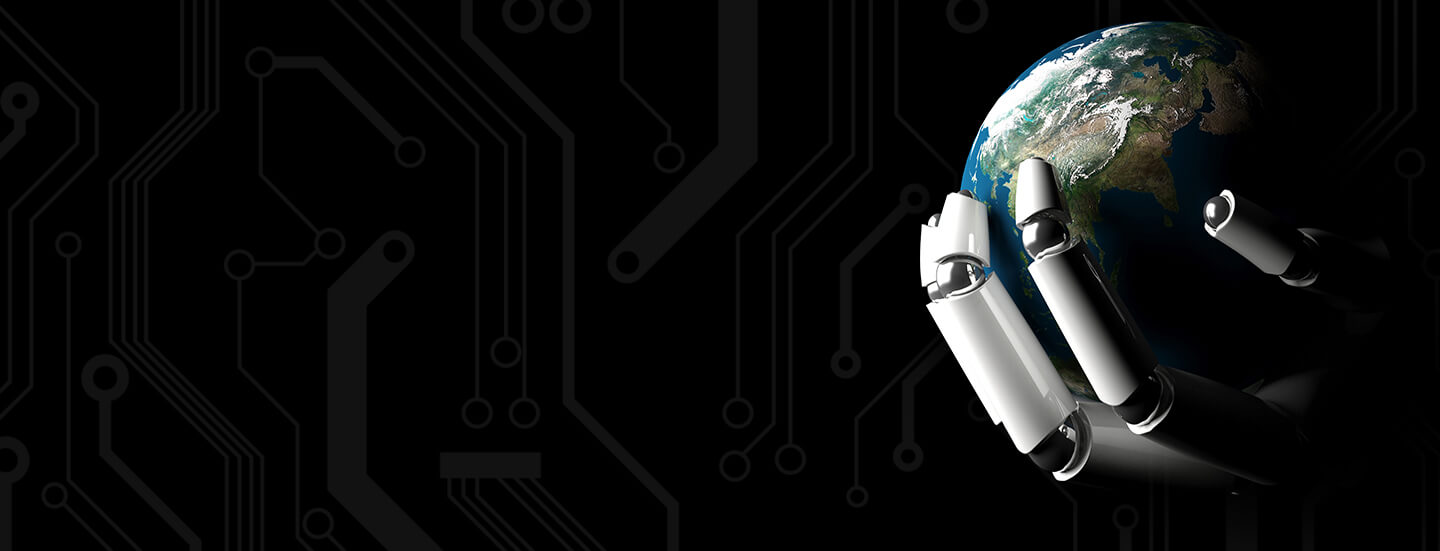New Allegis Group Study Reveals Impact of AI on Jobs, Talent, and HR

Still think of artificial intelligence (AI) as science fiction? Think again. AI is no longer artificial. It is now very real. So, to sort through the hype and excitement, Allegis Group recently released a white paper called “AI and the World of Work,” offering a perspective on the state of AI, its impact on jobs, and its impact on talent management.
“We’re still in the early stages of understanding how AI will displace old jobs and create new ones. Without question, though, it will have a major impact on how companies compete for talent and get work done,” says Andy Hilger, president of Allegis Group. “Innovations in AI will become more and more integral to business success, impacting strategic priorities, technology adoption, and, maybe most important, the overall evolution of the workforce. Our industry, as well as the clients and talent with whom we partner, needs to understand the implications and have a plan to capitalize on what will be a disruptive force.”
HR Leaders Weigh in on AI
The new report also includes survey findings from more than 300 human resources (HR) professionals, senior-manager level and above, who reported mixed feelings about AI and its impact on the future of work. Twenty-one percent of respondents are excited about AI, while 17 percent see it as both disrupting and enabling. Another nine percent think AI will displace most jobs in 10 years.
AI is making a strategic approach to human capital more important than ever, and there are plenty of predicted benefits to come. When asked to identify which areas of talent management will benefit from AI, top survey responses included training talent (26%), screening talent (24%) and workforce planning (22%).
Along with the benefits, however, various skill types will be susceptible to automation. For example, HR professionals surveyed pointed to data collection/processing (36%), predictable, physical work (27%), analytical/quantitative skills (23%) and customer services/administration (22%).
Indeed, AI is reaching a breakthrough state, and employers must proactively pay attention and formulate workforce roadmaps that account for intelligent automation and digital labor. Our advice? Prepare for change and know that our research affirms that AI will not replace the need for talent professionals; instead, it will change the nature of what they need to do to succeed.
“When you speak with a person, you trust that she is listening to you, learning from you, and sharing with you out of some level of genuine interest,” says Tanya Axenson, global head of human resources for Allegis Group. “But will you fully trust a machine designed to calculate everything you say toward making a decision? Probably not. That’s why people will remain essential to the high-trust aspects of HR — closing deals, solving tough employee issues, building relationships and creating the organizational strategy.”
Additional trends regarding the adoption of AI by the market as a whole include:
- Expect Increased Demand for AI Skills: Likely candidates include AI trainers, as well as AI ethicists to manage the risks and liabilities associated with AI, and transparency requirements. Individuals will also be needed to support data science and the Internet of Things (IoT), as well as possess capabilities related to computational intelligence, machine learning, modeling, mathematics, neuroscience, psychology, and linguistics.
- Constraints Could Slow the Pace of Innovation: A shortage of skills and the knowledge to guide and program machine learning-driven AI systems may hinder progress. Also, today’s AI systems require deep sets of data and information. The data is abundant, but it’s not always available in ways needed to support an AI application. Other constraints include regulation, the need for buy-in an adoption, and cost.
- New Challenges Could Hinder AI’s Effectiveness: Several near-term areas of concern exist that our research shows will be solved or mitigated over time. For example, how will AI be prevented from exploiting vulnerabilities in existing data systems or stopped from acting on low-quality data? Other considerations include the impact of failure, product liability, perpetual obsolescence, and malicious use.
AI is reaching a breakthrough state. For those who lead and execute talent strategy, gaining an understanding of the forces of change is the first step in rising to the new demands of an AI-enabled workplace.
“A variety of AI niche solutions are emerging in the talent tech market,” says Rachel Russell, head of corporate strategy for Allegis Group. “Competitive advantage will come from adopting the right set of solutions to automate, augment and enhance the experience.”
Gain perspective on the rise of AI and its influence on workforce strategy and innovation by downloading your free copy of the report today.
Related Articles